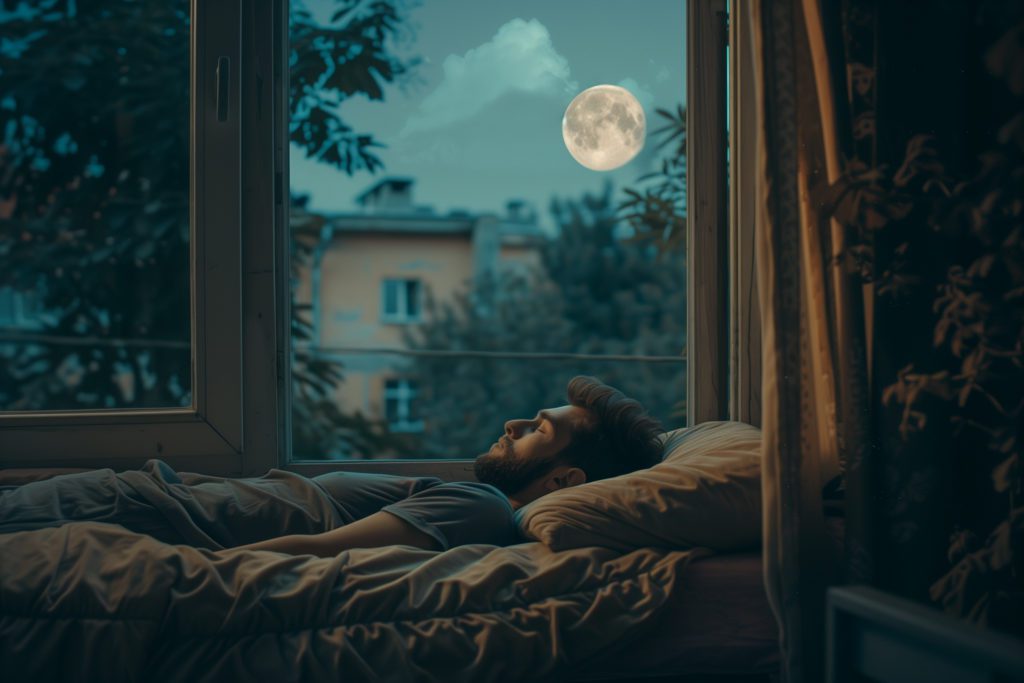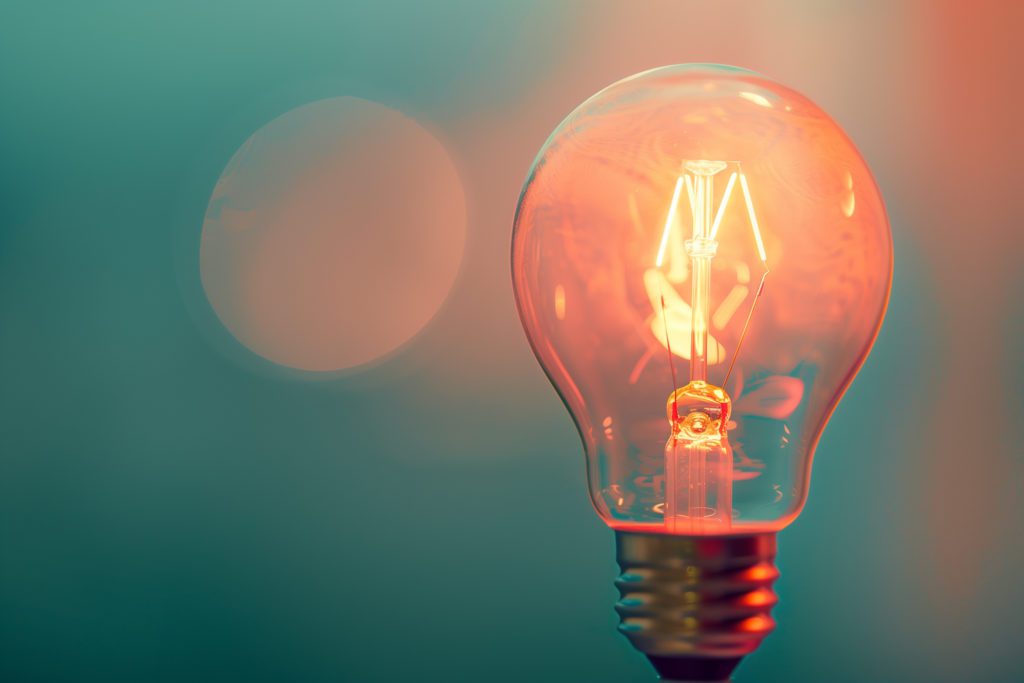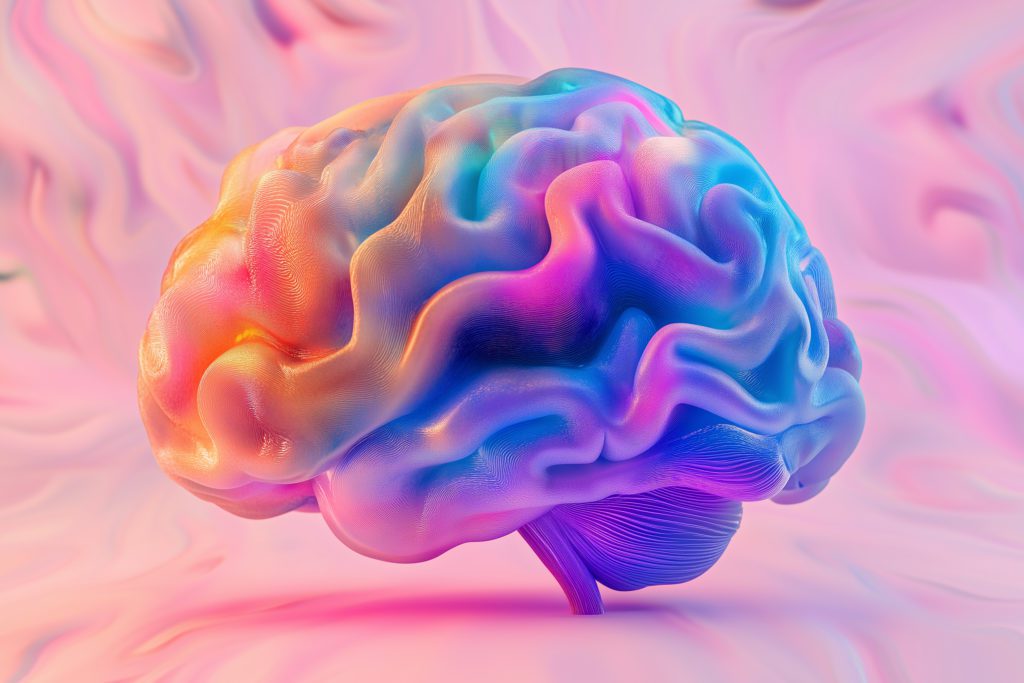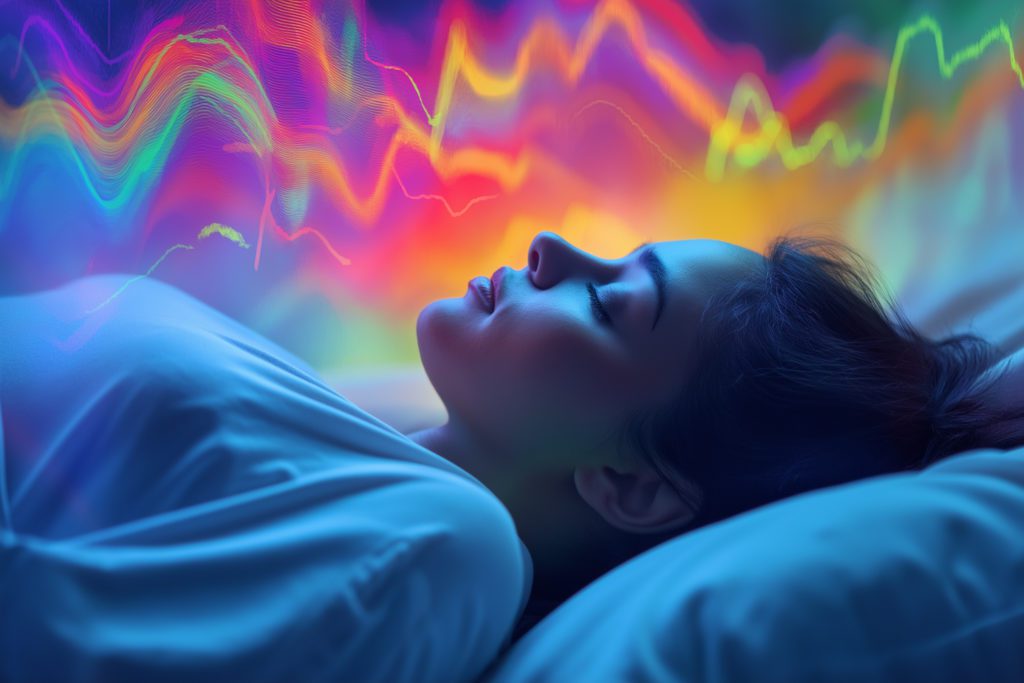
Lunar Light and Its Effect on Sleep: The Role of Natural Light in Sleep Regulation
Explore how the light from the moon can affect your sleep and what sleep habits help you sleep better, no matter the phase of the moon.

Sunlight’s influence on circadian rhythm—and how getting sunlight during the day, especially first thing in the morning, can set you up for a better night of sleep—is a well-known relationship. There’s another light source, though, that is often overlooked, even though, like sleep, it’s more prominent at night: lunar light.
The moon’s phases, and particularly a full moon, have been linked to increased baby deliveries and ill-behaving children, but is there any merit to these claims? As for the former, probably not, but if children act up during a full moon, it might be because of the link between moon phases, how much light the moon gives off during each, and sleep—effects that adults can be susceptible to, as well.
Lunar Light and Sleep Loss
Research has found that leading up to the full moon, people fall asleep later and sleep for less time. These effects are even more pronounced for those living in areas with less access to artificial light.
In this 2021 study, the researchers analyzed sleep data from four communities: three in Argentina (one in a remote area with no access to artificial light, one in a small rural area with limited electricity, and one on the outskirts of a city), and one comprised of university students. All participants wore devices that tracked their sleep for at least one week.
The results of the study found that, when comparing sleep to the moon phases, the participants took between 30-80 minutes longer to fall asleep when leading up to the full moon and lost between 20-90 minutes to sleep on those nights.
This data shows the significant variances that can be seen with each moon cycle, but why can our sleep be so affected by it?
Researchers suspect that it’s because of light’s effect on our circadian rhythm. We already know that electronic devices and the light they give off can trick our bodies into thinking that it’s not time to sleep yet, and the moon, when it gives off a lot of light during a full moon, may do the same thing. In support of this theory is the fact that sleep differences were more pronounced in the communities that had less access to electricity—they’re regulated more by natural light, whereas other communities are instead dictated by electronics and when they turn these devices off.
Moonlight may affect your sleep in other ways, as well. One study found that the full moon was associated with worse sleep, including taking longer to fall asleep, longer to reach REM sleep, a 30% reduction in deep sleep, and self-reported poorer sleep quality. Other studies have found that a full moon was associated with greater arousals and awakenings, which may be why the amount of deep sleep is lower during the full moon.
Research shows that lunar light can affect our sleep duration and quality, but why?
How Lunar Light Affects Sleep
The moon isn’t just a signifier that nighttime is upon us; how much light it reflects from the sun, based on where the sun, moon, and Earth are in relation to each other, may also affect our sleep.
This is because the amount of light reflected off the moon can affect our circadian rhythm—our 24-hour internal clock that primarily regulates our sleep-wake cycles.
One thing that influences the rise and fall of hormones in the body, specifically the sleepiness hormone melatonin, is light. Namely, the lack of light signals to the body that it’s time to start producing melatonin because it’ll soon be time to sleep. When the full moon is bright, it may impede your body’s production of melatonin, making it harder to fall asleep.
Still, the moon’s light is only about 7% of the brightness of the sun, which is quite low. If you use electronics, they are likely producing more light (and you’re exposed to them more) than the amount of light you would get from the moon. So, for most people, lunar light may not affect your sleep very much.
However, gender may influence how much the moon’s light affects you. Namely, women may be more sensitive to changes in light or environmental factors, which may cause them to be more greatly affected by lunar light than men.
Ultimately, lunar light may cause someone to have a harder time falling asleep or feel more restless, while others won’t be affected at all. It all depends on the person.
How to Sleep Better, No Matter the Moon’s Stage
The full moon may increase your exposure to light, potentially pushing back your bedtime and causing you to wake up earlier, but there are ways to protect your sleep, no matter the moon phase in the night sky.
Keep Things Regular
Even if the moon’s phase is changing in the sky, keep your bedtime routine the same each night—it’s the key to getting good sleep. Keeping a regular routine helps tune in your body to when sleep is coming so that it knows when to start producing melatonin. This can be especially helpful when the amount of light outside changes night by night.
Research has shown that on the nights leading up to a full moon people go to bed later—don’t become a part of this statistic yourself. Instead, keep your same bedtime so that you can power through the full moon.
Relax Before Bed
Avoid stimulating activities or electronic devices (which also act as stimulants) before bed. They can keep your body from producing melatonin, which can then keep you up. Instead, opt for calming and relaxing activities, like journaling, reading, listening to calming music, or meditating.
Exercise During the Day
Exercising during the day, and even better, exercising outdoors in the sunlight, can help regulate your circadian rhythm and teach it when to be awake. Regular exercise also boosts your health, which is an added bonus.
Close the Blinds
When the moon is bright out, close your blinds or try blackout curtains to keep the light from shining in your bedroom and keeping you awake.
The Werewolf Effect: The Influence of Natural Light
Myth states that werewolves come out during the full moon, but you don’t have to let the moon similarly dictate when you stay up late.
Lunar light may suppress your body’s production of melatonin, making it harder to fall and stay asleep, but there are ways to combat this effect—keeping a regular bedtime, relaxing before bed, exercising during the day, and blocking out the moonlight are all habits that can help you get to sleep.
Establish a good sleep routine, and you can help prevent yourself from turning into these creatures of myth and sleep through the night instead.

Written by
Jessica G
Medical writer freelancer who has written hundreds of articles on varying topics. Masters of Engineering degree in Biomedical Engineering.
Download Pillow
Get help
Press & News
Legal
Connect
X (Twitter)
Company
Copyright © Neybox Digital Ltd.



